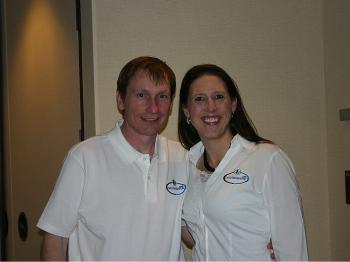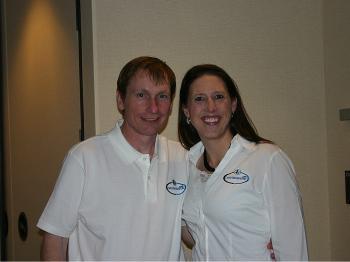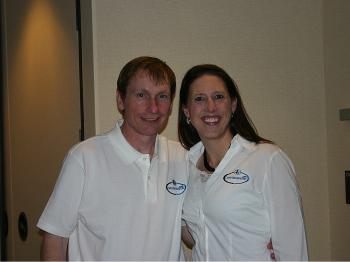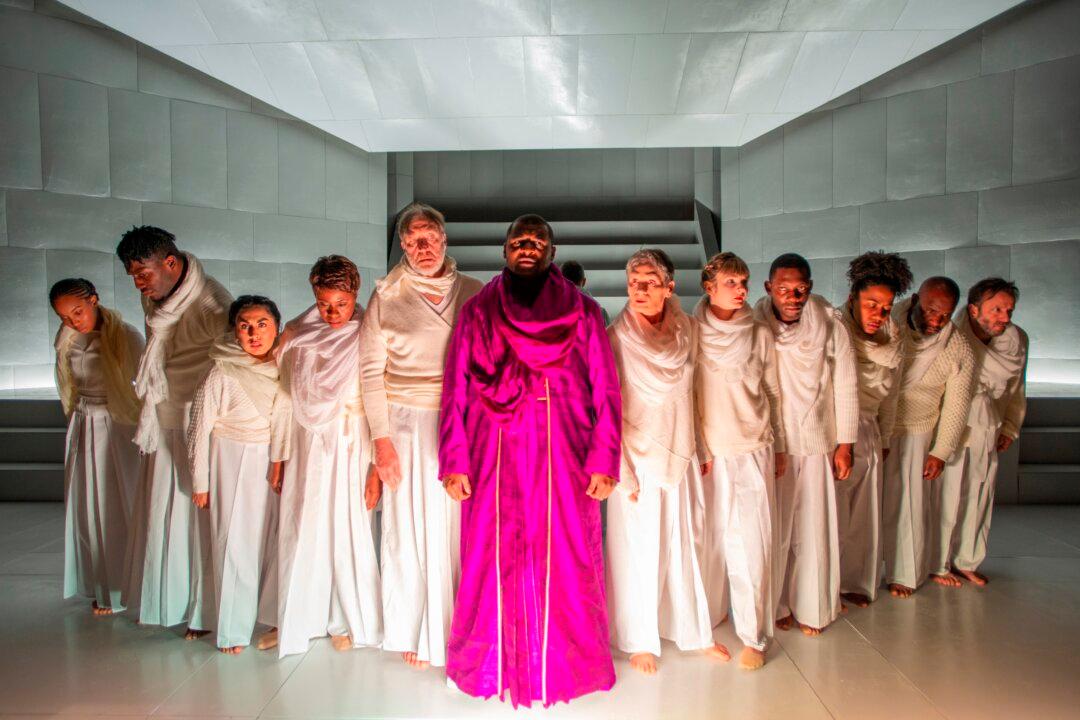When you think of a family-owned business, an international venture usually doesn’t come in mind.
But that’s exactly what Davis Business Solutions, Inc. (DBS) is. As president and co-founder, Jennifer Davis puts it: “Our competitors are multi-billion dollar, international corporations. At conferences, they don’t know what to make of us.”
But that’s exactly what Davis Business Solutions, Inc. (DBS) is. As president and co-founder, Jennifer Davis puts it: “Our competitors are multi-billion dollar, international corporations. At conferences, they don’t know what to make of us.”






